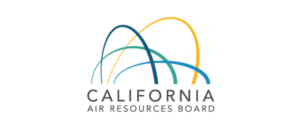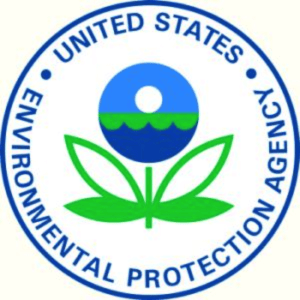In an article written by David Stanway; edited by Richard Pullin for Reuters:

In an article written by David Stanway; edited by Richard Pullin for Reuters:

 Recently, Dynatemp International sent comments to CARB, the California Air Resources Board, regarding the news of enhancements and updates to the Assembly Bill No. 32. “Global Warming Solutions Act of 2006” and also Senate Bill 1383.
Recently, Dynatemp International sent comments to CARB, the California Air Resources Board, regarding the news of enhancements and updates to the Assembly Bill No. 32. “Global Warming Solutions Act of 2006” and also Senate Bill 1383.
Our main points are numbered below:
1.) No state regulation should supersede proposed Kigali amendment or SNAP’s authority. It creates a fractured regulatory environment for industry. We prefer a reserved regulatory environment which defers to global preferences first.
2.) The use of incentives will have a stronger realization to reduction of high-GWP use because it will encourage reclamation and recycling. We do not support any sales ban.

There are many changes coming starting January 1, 2018 regarding Section 608 of the Clean Air Act. Some of the top changes are listed below:
1. You must be a Section 608 certified technician to purchase HFC refrigerant.
2. Refrigerant distributors may only sell HFC refrigerants to certified technicians and must maintain records for those sales.
3. You must be a Section 608 certified technician to open HFC appliances.
In an article written by, Andrew Williams, of R744.com
The Kigali Amendment to the Montreal Protocol on phasing down HFCs will enter into force on 1 January 2019 after surpassing the required ratification threshold.
The Kigali Amendment to the Montreal Protocol, a landmark international agreement to phase down the production and use of HFCs, is poised to enter into force after it was ratified by Sweden and Trinidad & Tobago yesterday. That meets the threshold for the treaty to come into effect on the earliest possible date: 1 January 2019.
The Kigali deal stipulated that the treaty would enter into force on 1 January 2019 provided it had been ratified by at least 20 parties to the Montreal Protocol. Sweden and Trinidad & Tobago bring the deal over that threshold following formal ratification by six other countries earlier this week: Finland, the Lao People’s Democratic Republic (Laos), Luxembourg, the Maldives, Slovakia and the United Kingdom. Canada ratified the Kigali Amendment on 3 November.
To read the full article, Click Here.